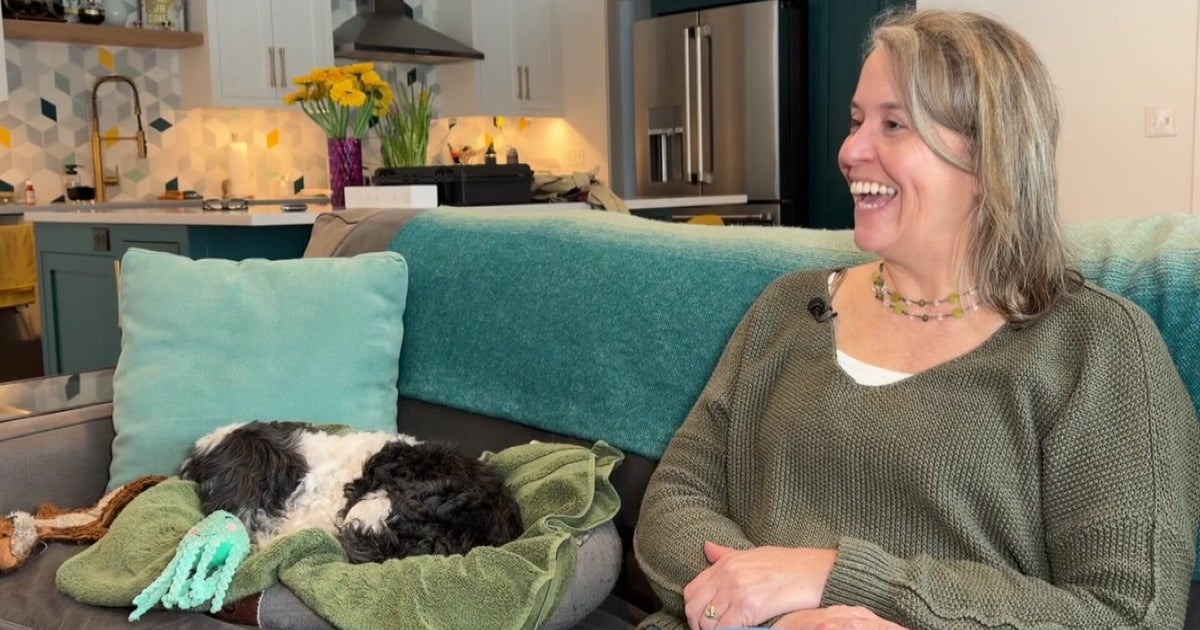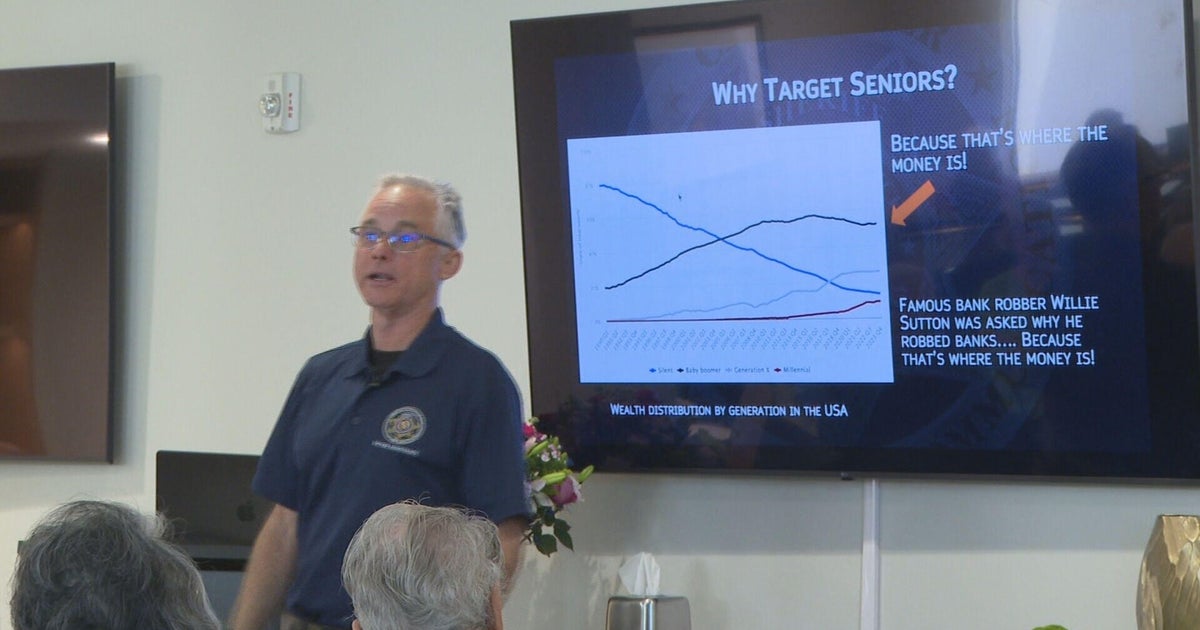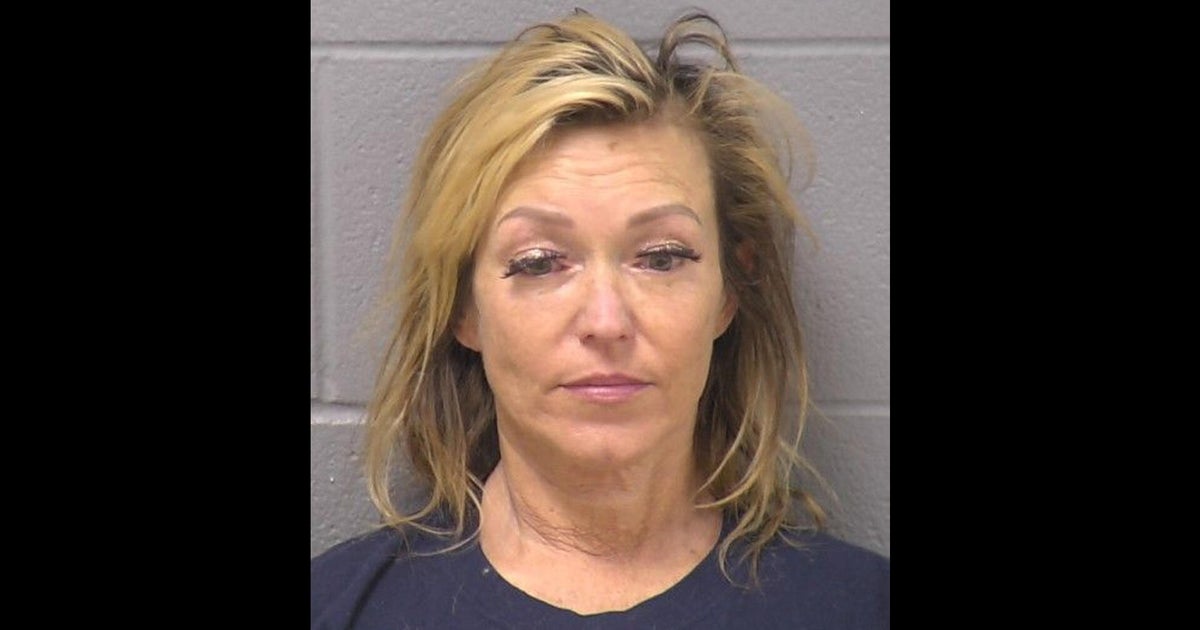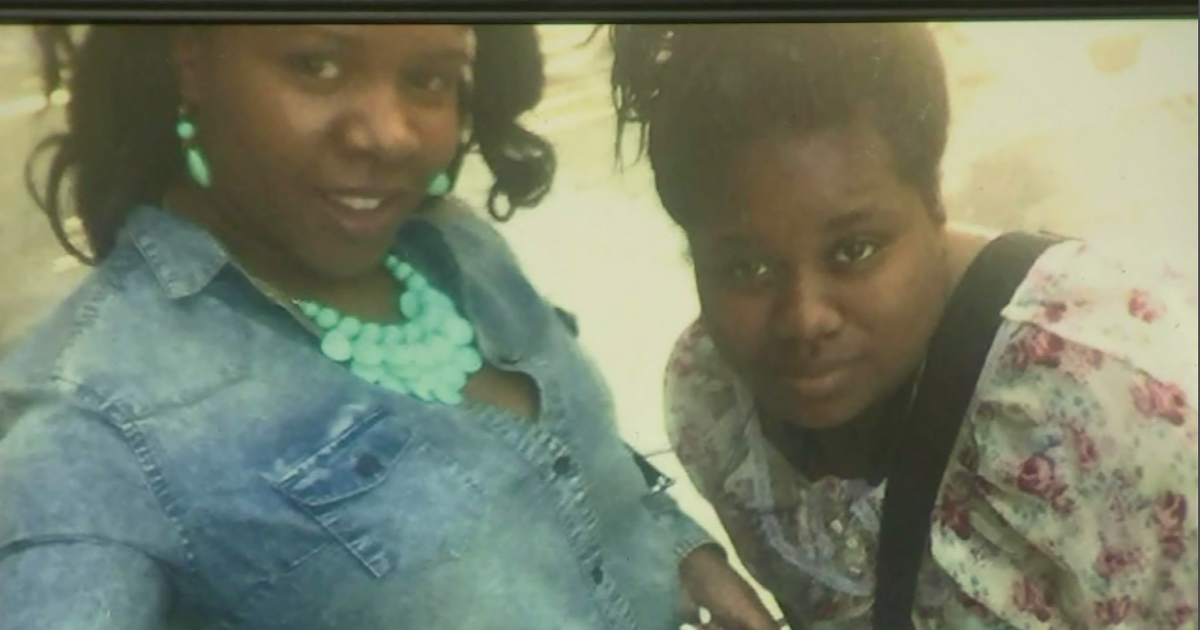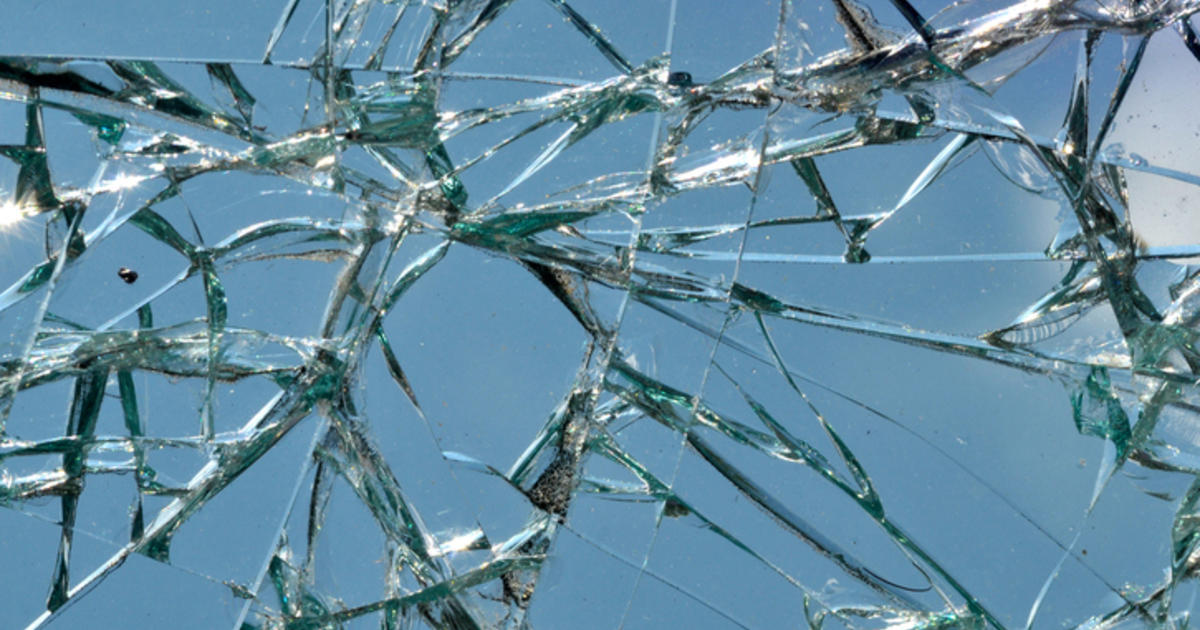What Do Men And Women Need To Get Checked During A Routine Physical?
MINNEAPOLIS (WCCO) -- An important health screening typically reserved for age 50 is getting younger. Doctors are now recommending you should check for colon cancer at 45 years old.
Many put off those yearly checkups during the pandemic. So we wondered... What do men and women need to get checked during a routine physical? And how does it vary by age? Good Question.
When Steve Smela hit 50 years old, the conversation changed at this doctor's office.
"That's when I had my first colonoscopy so that's sort of like, OK, I'm at that age now," he said.
Forty-five years old is now the recommended age when it comes to checking for colon cancer after researchers with the U.S. Preventative Services Task Force found a nearly 15% increase of people getting the disease in their 40s.
"Traditionally we've thought that people in their 50s and 60s should start looking for [colon cancer]," said Dr. David Hilden, internal medicine physician with Hennepin Healthcare.
He and Dr. Beth Averbeck, senior medical director for primary care at HealthPartners, understand many people might not remember all the health screenings needed across their adult lives, but the doctors do have these reminders.
For men in your 30s, start thinking about your heart.
"That's probably the first thing because even younger men can get heart disease," said Dr. Hilden. Good heart health is connected to a healthy diet and getting exercise. Diabetes and cholesterol levels are also worth checking.
Some of those points carry over for women in their 30s, along with a PAP test and cervical cancer screening.
"I think bone health starts at early ages, and so we definitely want to check on bone health as well," said Dr. Averbeck.
What you checked in your 30s continues into the next decade for men and women, but now the colon screening is added and should happen sooner if you have a family history of the disease.
"So if your dad had colon cancer at age 42, you should be looking at age 32," said Dr. Hilden.
For women in their 40s, Dr. Averbeck says menopause management is added to the list since the average age of menopause is 51 years old. Bone health screening continues while cholesterol concerns are added.
When men hit 50 years old, simply booking a physical is important to Dr. Hilden.
"I know many men in their 30s and 40s who haven't ever seen a doctor," he added.
Prostate exams are now suggested. They're also a little easier nowadays to administer.
"We don't do many fingers any much any longer. It's just a blood test," said Dr. Hilden, much to Smela's delight.
"I'm glad now they just do the blood test because the previous one was not very pleasant," Smela joked.
For women, breast cancer screenings ramp up, as well an increased focus on blood pressure.
"Women tend to get an increased chance of getting [high] blood pressure as we start getting closer to our 60s. And so again that can start happening in 40s and 50s," said Dr. Averbeck.
Regardless of age, both doctors highly recommended checking on your mental health, specifically for depression. Dr. Hilden said the likelihood increases as men get older. Weathering a stressful pandemic year might also have increased that possibility.
"COVID has been a huge stress on a lot of us who are either caring for children, home schooling, or caring for aging parents," said Dr. Averbeck.
How can we better remind ourselves to get that checkup or to schedule an appointment?
"I tend to do mine around my birthday," said Dr. Averbeck, suggesting a date each year that helps you remember.
Both doctors acknowledge that a lot of patients skipped getting a physical during the pandemic, a necessity as concerns over a lack of beds in hospitals and virus transmission took priority. They're hoping people will reschedule now, either virtually or in person.
"We really are telling folks, we're encouraging them, it's OK to go back to your doctor," said Dr. Hilden.
"When we get busy, other things take priority and we sometimes forget that we need to take care of ourselves in order to be there to take care of other," added Dr. Averbeck.
